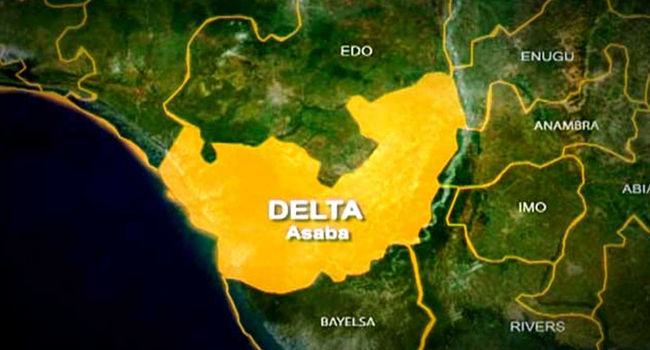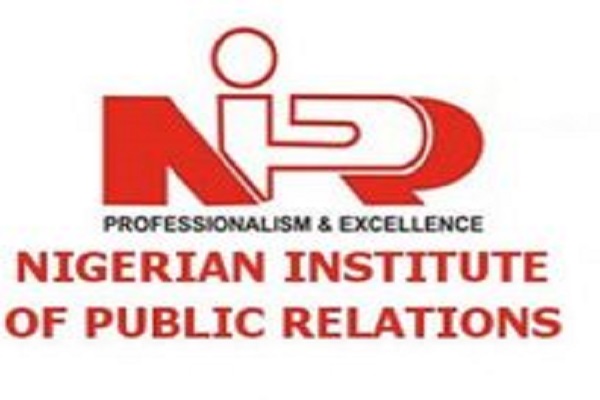By High Chief Sheriff George Mulade T.
400-Level International Relations Student, Admiralty University of Nigeria, Delta State
Intern, Nigerian Institute for Peace and Conflict Resolution, Abuja
📩 [georgesheriff508@gmail.com](mailto:georgesheriff508@gmail.com)
Education in Delta State has increasingly become a source of concern, particularly for young people who represent the future of the state. Many schools today lack basic learning facilities such as adequate classrooms, qualified teachers, instructional materials, and access to modern technology. This situation not only weakens academic growth but also hinders the personal and professional development of students across the state.
The absence of quality education creates a ripple effect—limiting opportunities for decent employment, self-reliance, and innovation among young people. Many families are already struggling financially, and when parents cannot afford to support their children’s education, the cycle of poverty continues unbroken. Without urgent reforms, the next generation risks inheriting an even more fragile education system and a bleaker future.
Purpose of the Study
The purpose of this study is to examine the extent of management of adult education programmes for sustainable development in Delta State. Specifically, the study aims to:
1. Investigate the accessibility of educational resources for managing adult education programmes.
2. Ascertain the level of programme supervision for adult education management.
3. Establish the extent of the use of effective human resource development strategies in adult education management.
Current Challenges in Delta State Education
Education in Delta State is currently plagued by poor infrastructure, inadequate funding, corruption, and examination malpractice. Parents and students have raised concerns about the deplorable condition of school buildings, while poor funding and corrupt practices have undermined the quality of education. Furthermore, repeated industrial actions in tertiary institutions continue to disrupt academic calendars and weaken confidence in the system.
The Delta State Universal Basic Education Board (SUBEB) recently condemned the destruction of over 90,000 school desks and other furniture across the state, describing it as both irresponsible and politically motivated.
According to SUBEB Chairman, Hon. Samuel Mariere, some of these acts of vandalism were allegedly influenced by “political enemies” seeking to discredit the government’s achievements in the education sector. He noted that Governor Sheriff Oborevwori has since approved the immediate supply of 1,000 new seats to the most affected schools.
Delta State activist and National Coordinator of the Centre for Peace and Environmental Justice (CEPEJ), Comrade Sheriff Mulade, emphasized that education remains the backbone of national development. He urged the state government to pay greater attention to riverine and rural schools, where students face even harsher learning conditions.
In his words:
“Education is the backbone and the lifeline of any economy. If you show me a nation that is backward, I will show you a nation that neglects quality education.”
Key Issues in Delta State’s Education Sector
1. Poor Infrastructure:
Many public schools are dilapidated, with broken desks, leaking roofs, and lack of basic amenities such as lighting, fans, and laboratory equipment.
2. Inadequate Resources:
The shortage of instructional materials and teaching aids affects both formal and adult education programs, limiting their effectiveness and reach.
3. Lack of Supervision:
Weak monitoring and evaluation of adult education centres reduce programme accountability and impact.
4. Moral and Cultural Decline:
As academic standards decline, more students are turning to internet fraud (“yahoo yahoo”) and immoral activities such as prostitution. The value of education is being replaced by a culture of quick wealth.
5. Certificate-Oriented System:
The focus on paper qualifications rather than skills and knowledge has worsened the situation. Both government, parents, and teachers share responsibility for this erosion of standards.
The Way Forward
To reverse this trend, government, communities, and education stakeholders must work together to:
– Prioritize adequate funding and infrastructure renewal for both rural and urban schools.
– Implement strong supervision and accountability mechanisms in adult and formal education programs.
– Promote vocational and technical education that equips youths with practical skills.
– Address corruption and ensure that resources meant for education are properly utilized.
– Reorient young people toward the values of hard work, honesty, and continuous learning.
Delta State stands at a crossroads. If we choose to reform and invest wisely in education, the state will raise a generation of productive, enlightened, and peace-driven citizens. But if we continue to neglect the sector, we risk creating a society where ignorance and frustration fuel unemployment, crime, and underdevelopment.
“We have elevated money above knowledge,” as one youth lamented, “and if we refuse to purge this ten-year rot, this virus will submerge us completely.”
Education remains the key to peace, progress, and prosperity — and the time to act is now.





